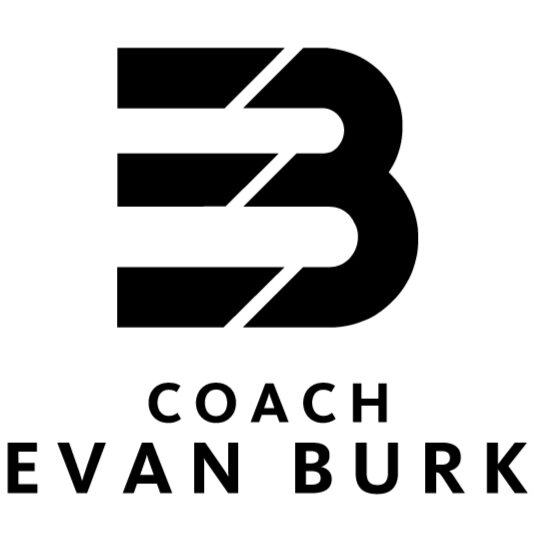Robert Saleh Tries to Transform the New York Jets’ Culture with his Leadership Philosophy and Coaching Style
This article on Robert Saleh and his attempt to transform the culture of the New York Jets with his philosophy and leadership style intrigues me as the first year head coach attempts to turn around the losing ways of the Jets.
Create a Positive Culture as the Primary Goal
Work Environment of Accountability and Motivated Players
New teammates who are just getting to know each other were spotted spending time together off the field on an unusually frequent basis throughout the offseason. Practices have an energetic vibe in which it seems players are committed and working hard, but also having fun and creating good relationships with one another and the coaching staff.
Building this type of environment breeds desired traits like accountability and motivation on a natural level, rather than shoving it down player’s throats like the football guys try to do.Establishing Accountability and Team Discipline
Establishing Accountability and Team Discipline
“There are many ways to do it. For me, it’s more to try to create accountability with self, rather than forcing accountability. These players are grown men. To give them the opportunity to correct themselves will always happen first,” Saleh says.
“They’re not trying to make the mistake. All we can do is help them understand how the mistake was made so they don’t do it again.”
Building Relationships Through Personal Connection
“Building a Web of Personal Connections”
…it was visibly apparent that [Saleh] had a good grasp of what truly mattered. An intellectual thinker who focuses on the important details and does not blabber “football guy” jargon, Saleh made it clear that his primary goal was to establish a positive culture through his ability to build a web of personal connections throughout the entire organization.
“I believe coaches and players are in this thing together,” Saleh said during his first press conference with the Jets. “Players want two things from a coach. First, they want to know you care about their well-being. As a coach you make a personal investment in people. And two, can you help them make enough plays on Sundays for them to get paid as much as possible?”
Connecting With People
From a relationship standpoint, Saleh is an innate communicator who has an understanding of how to connect with people on a human, man-to-man level. He is focused on getting to know every guy in the room and letting them know that he is there for them, both on and off the field, and that he wants them to succeed.
Relationships Built on Trust Create Accountability
Rather than make a defensive tackle do push-ups after committing a dumb penalty, Saleh will pull him aside and chat with him about how he can do better. Some might say this is “soft” and that the player needs to be disciplined more aggressively, but the key here is that Saleh will likely be able to get his message through to this player because he has probably already established a positive relationship with him that involves mutual trust.
Personal Investment in Players
“You have to put yourself in players’ shoes,” Saleh said at his introductory press conference. “They get drafted. They need a personal investment in them so they can get to that second contract and be rewarded. Players should expect that from their coaches and from their organizations … Players are human. Make sure they understand that you want what they want: to get them where they want to go.”
